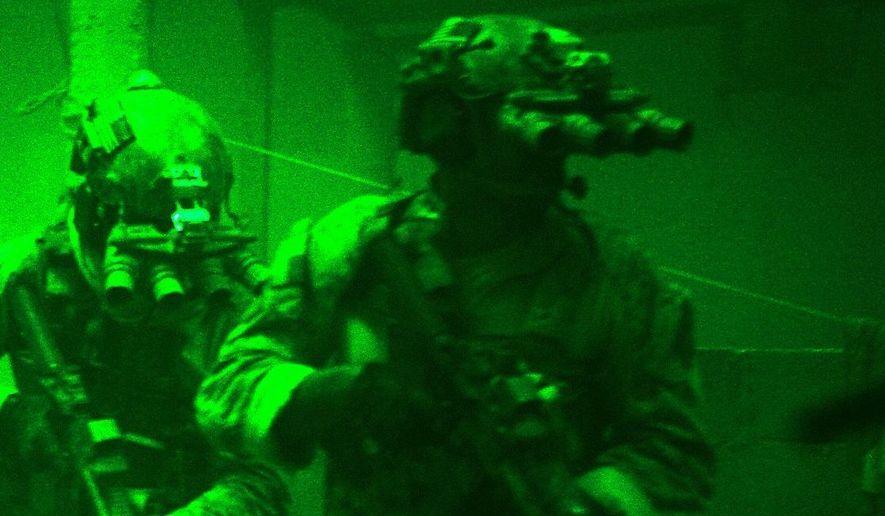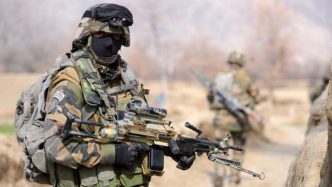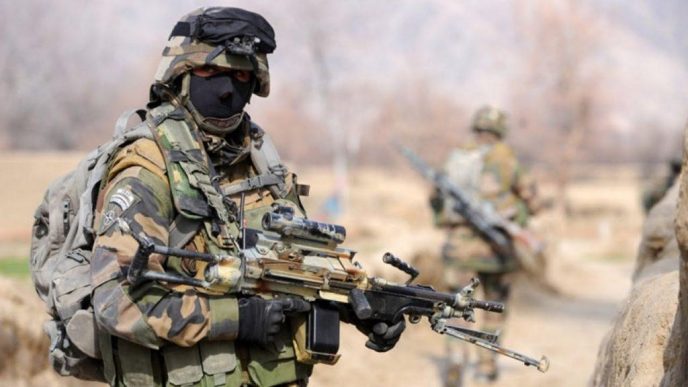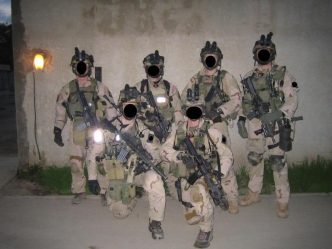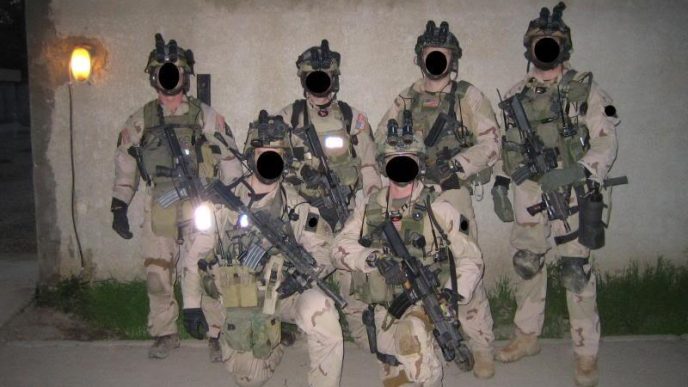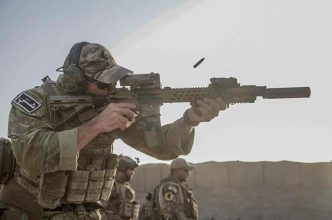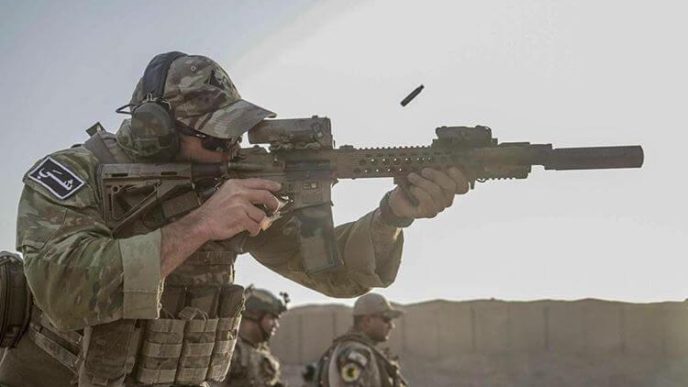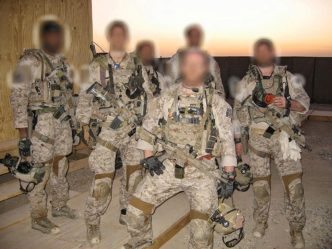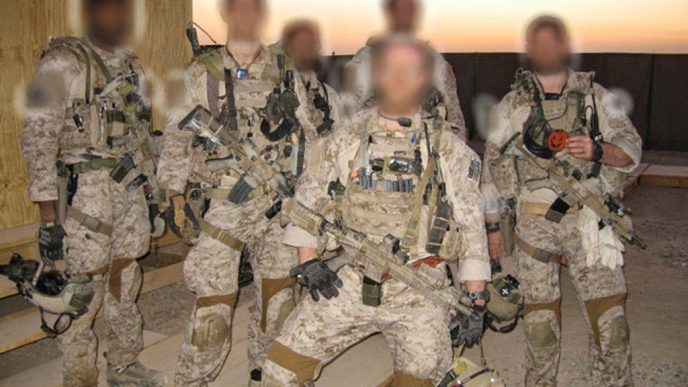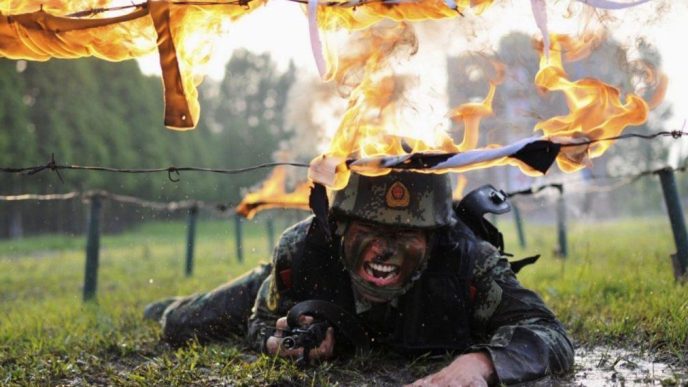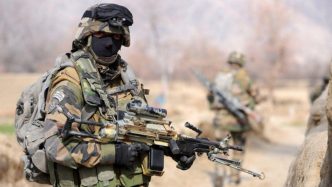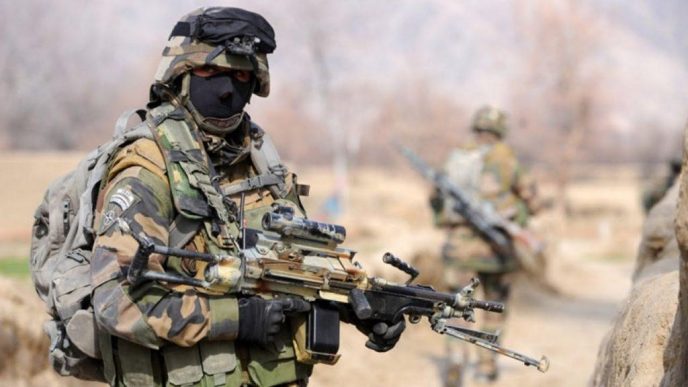Eleven years ago, the world was shocked by the news of Operation Neptune Spear, the successful mission to kill terrorist leader Osama bin Laden. To this day, many people wonder why the operation was carried out by DEVGRU (also known as SEAL Team 6, ST6, Development Group) rather than other units such as Delta Force, Ranger, or Green Berets. The answer is not simple, as these units are considered elite forces within the Special Operations Command (SOCOM).
However, DEVGRU and Delta Force are considered Tier 1 units directly responsible for carrying out high-level, secretive missions like Operation Neptune Spear and Operation Geronimo. On the other hand, units like the Rangers and Green Berets are considered Tier 2 units and are not typically involved in the execution of such missions. It is worth noting that Delta Force was also selected to carry out the al-Baghdadi raid last year.
The Force that orders the universe
DEVGRU is highly regarded as an elite special operations team. This reputation is likely due partly to the unit’s efforts to maintain a high level of proficiency and distinction. In 2011, a Washington Post article featured an anonymous member of DEVGRU who described the unit as follows:
“We’re the dark matter. We’re the force that orders the universe but can’t been seen.”
It is not uncommon for SEALs, including DEVGRU, to cultivate a certain aura or reputation. This may be due, in part, to the unit’s tendency towards self-promotion and the fascination of the American public with macho-mystique.
However, members of the unit need to remember to seek approval for any activities, such as writing a book or making public appearances, that may be considered a breach of their duty to maintain secrecy and confidentiality. One former SEAL who wrote a book about the bin Laden raid was required to forfeit $6.8 million in royalties and appearance fees due to his failure to obtain approval for the project.
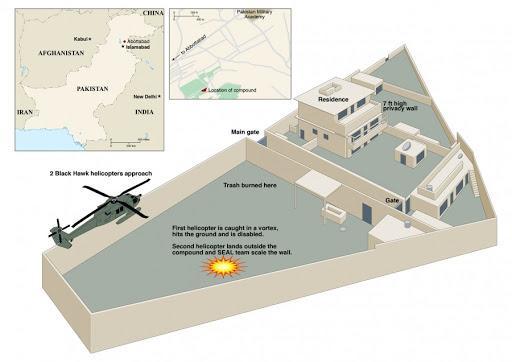
Secret America’s wars
The increasing reliance on special operations forces, such as the SEALs, to fight America’s wars in Iraq and Afghanistan highlights the changing nature of modern warfare. Rather than facing traditional armies, these units are often tasked with combating extremist ideologies represented by decentralized groups of non-state actors who may not adhere to the Geneva Agreements. While DEVGRU may receive significant attention, many other special ops forces from various military branches are also actively serving in the field.
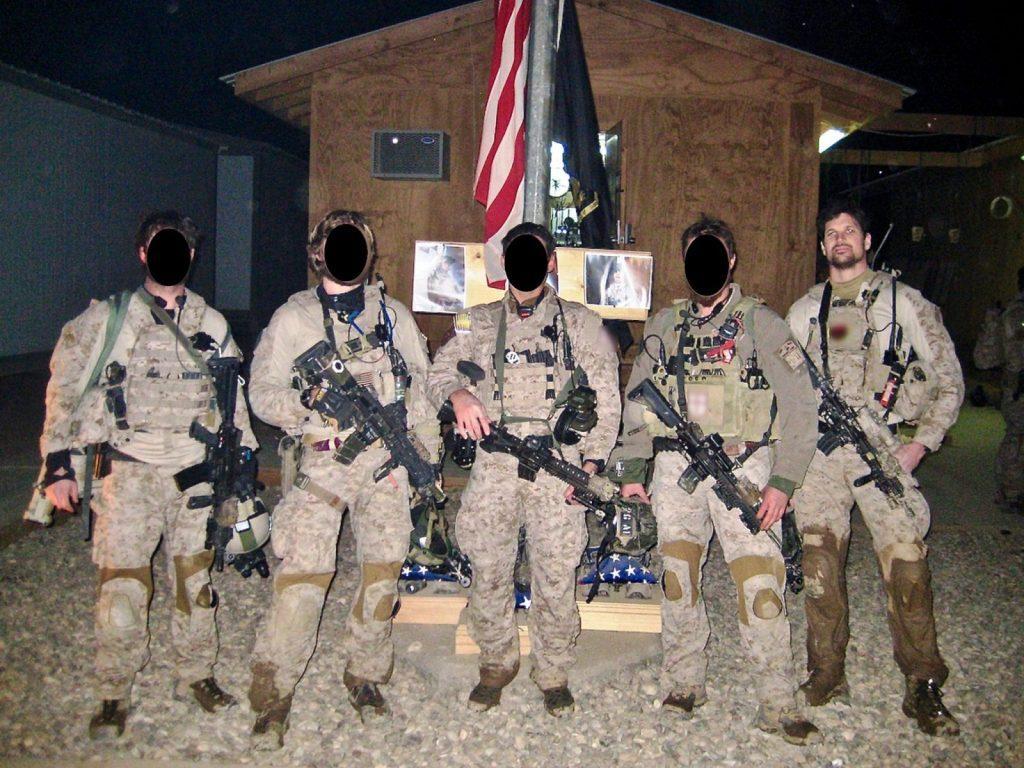
For example, the Army’s Special Forces Regiment, known as the Green Berets, played a vital role in the toppling of the Taliban in Afghanistan. Special operations forces have been a part of the U.S. military since the mid-20th century when leaders recognized the need for unconventional techniques in unconventional wars such as Korea and Vietnam. The Green Berets were established in 1952, and the SEALs, trained for effectiveness on the sea, air, and land, were formed in 1962.
SOF roles
Special operations assignments can generally be divided into two categories: direct action, which includes combat, manhunts, and hostage rescues, and indirect action, which involves training and advising foreign forces. Before the 1970s, special operations units were loosely organized and accountable to their respective chains of command.
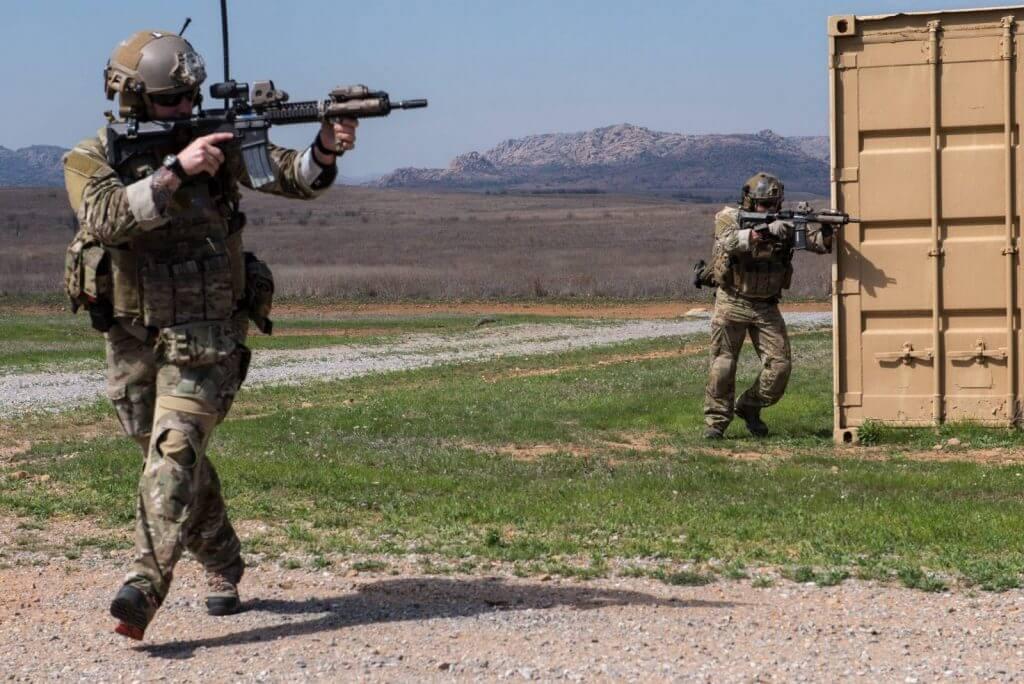
However, two key events led to significant changes in the structure and capabilities of these units. The first was the failed attempt to rescue hostages at the U.S. embassy in Tehran during the Carter administration, which created the U.S. Special Operations Command (SOCOM) to oversee all special forces. The Joint Special Operations Command (JSOC) within SOCOM includes elite units such as SEAL Team Six, the Army’s Delta Force, and the Air Force’s 24th Special Tactics Squadron.
The second event was the 9/11 attacks, which resulted in a fivefold increase in the budget for special ops forces and a significant expansion of the troop count at JSOC from around 1,800 to over 25,000. Following the invasion of Afghanistan, JSOC was granted broad authority to conduct operations in 15 countries.
U.S. Presidents and Special Operations Forces
Former President Barack Obama heavily relied on special forces during his time in office, as their small-scale and contained military operations aligned with his preference for keeping military action limited and controlled.
However, it is worth noting that the reliance on special forces began during the Clinton administration. President Clinton reportedly said, “It would scare the shit out of al-Qaeda if suddenly a bunch of black ninjas rappelled out of helicopters into the middle of their camp.”
This statement is believed to have contributed to the creation of SEAL Team Six, an agile and fast-moving counterterrorism unit that was designed explicitly for rappelling out of helicopters. While SEAL Team Six has had its share of controversies, including allegations of extrajudicial killings, abuse of authority, and lack of accountability, the U.S. government has considered the benefits of their actions to outweigh any negative consequences.
